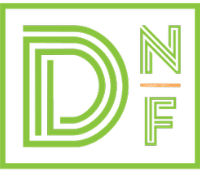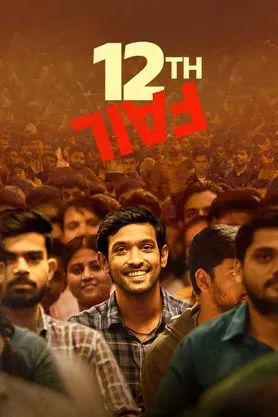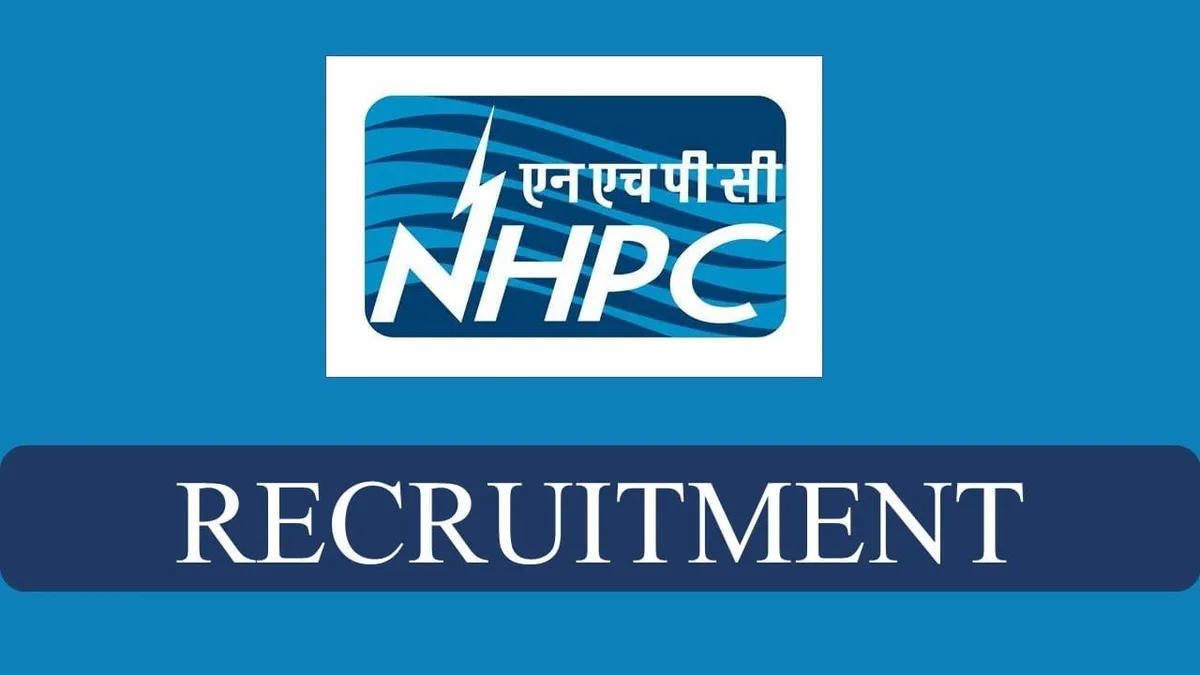
How did a post from Prime Minister Narendra Modi, on his recent visit to Lakshadweep, spark off social media comments from the Maldives? How does it relate to the Maldives government’s position on India of late? We explain.
All it took was a series of posts on X this weekend from Indian Prime Minister Narendra Modi, promoting tourism in Lakshadweep islands, to set off a social media war between Maldivian politicians, government officials and Indian social media users.
In a post referring to his visit to the Union Territory earlier this week, the Prime Minister spoke about “the stunning beauty of its islands”, adding that “for those who wish to embrace the adventurer in them, Lakshadweep has to be on your list.”
In his official statement, neither did the Prime Minister nor any other Indian government official make any references to the Maldives or any other island nation popular with tourists when promoting Lakshadweep. So how did this spark off social media comments, and how does it relate to the Maldives government’s position on India of late? We explain.

How the comments against India started in the Maldives
Soon after PM Modi’s post, some prominent Maldivian social media users responded to it with offensive, racist, xenophobic and derogatory comments targeted at Indians at large, as well as the Indian prime minister. Among them was Mariyam Shiuna, Maldives’ Deputy Minister of Youth Empowerment, Information and Arts, who wrote: “What a clown. The puppet of Israel Mr. Narendra diver with life jacket. #VisitMaldives #SunnySideOfLife”. In a now-deleted post, Shiuna also compared India to cow dung.
Another deputy ministry, a colleague of Shiuna in the Ministry of Youth Empowerment, Information and Arts in the Maldives, Malsha Sharif, made similar derogatory comments against India and the tourism campaign in the Lakshadweep. A member of the ruling Progressive Party of Maldives also shared a photograph, believed to be that of the Bora Bora islands in the French Polynesia, claiming it was an image of an island resort in the Maldives. “Sun set in Maldives. You won’t see this in Lakshadweep. #Visit Maldives. CC: @narendramodi” (sic), wrote Maaiz Mahmood.
What followed was a handful of local Maldivian news websites running sensational headlines in the Dhivehi language, saying that India had started a campaign against tourism in the Maldives. It did not take long for other Maldivian social media users to latch on to this and join the bandwagon, where they began drawing comparisons between the Maldives and the Lakshadweep islands and started lobbing insults and offensive remarks against India and Indians.
In response to the Indian government’s attempts at promoting tourism in the Lakshadweep, officials in the Maldives and supporters of the ruling coalition of the Progressive Party of Maldives (PPM) and People’s National Congress (PNC) began pushing a ‘#VisitMaldives’ hashtag – featuring photos of holiday resorts, beaches and hotels in the country. Some Maldivian social media users have gone so far as to claim that Lakshadweep is not Indian territory and belongs to the Maldives.
What have Maldivian social media users accused India of?
Some social media users began levelling accusations against India for what they called an attempt to “compete” with their country as a choice for a tropical vacation for travellers.
“The move is great. However, the idea of competing with us is delusional. How can they provide the service we offer? How can they be so clean? The permanent smell in the rooms will be the biggest downfall,” posted Zahid Rameez, a party member of the Progressive Party of Maldives, and a senate member.
These posts also instigated other social media users into posting a wide range of racist remarks against Indians and Indian tourists who travel to the Maldives.
According to official figures by the Maldives’ government, Indian tourists have consistently remained among the top ten nationalities who travel to the island every year. In 2023 alone, among the tourists who travelled to the Maldives, Indians formed the largest group of tourists with over 200,000 travellers, followed by tourists from Russia and China. The Maldives is heavily dependent on tourism and the industry accounts for over 28 percent of its GDP, according to a paper by the Michigan State University.
In response to the mockery by Maldivians, some Indian social media users, in turn, vowed not to travel to the Maldives for their holidays and encouraged a boycott of Maldivian hotels and resorts. Others posted about the various ways in which India has offered assistance to the Maldives over the years and some of the more well-known aspects of bilateral cooperation between the two countries. “We established the Maldives tourism industry based on the principles of hospitality, tolerance, peace, and harmony. Through strategic positioning and collaborations with global brands and investments, including those from India, we have successfully positioned Maldives as a premier luxury resort destination….Considering the global economic challenges and vulnerability of the Maldives tourism industry and economy, it is crucial for us to maintain a friendly and humble approach while fostering positive relations, with all nations,” said Ahmed Adeeb, Maldives’ former Minister of Tourism, in a post on X, condemning the “derogatory and racist comments made by a group of Maldivian politicians towards…PM Modi and beloved citizens of India”.
What explains these anti-India sentiments among a section of the Maldives’ population?
Anti-India sentiments in the Maldives are not new. Sometime in 2020, the ‘India Out’ campaign started as on-ground protests in the Maldives and later spread widely across social media platforms using the phrase with a related hashtag.
By the second half of 2021, it had developed into an active and visible political campaign, sustained by critics of the Ibrahim Mohamed Solih government who served as the president of the Maldives between 2018 and 2023. Former president Abdulla Yameen Abdul Gayyoom had also openly advocated for and promoted the ‘India Out’ campaign.
While supporters of the campaign had claimed that it had been started to protest against what they called Indian military presence in the country, they had actively targeted all aspects of India-Maldives bilateral relations.

When the Muizzu government came to power after the presidential elections last year, it set to work on fulfilling one of the main campaign promises that the PPM-PNC coalition had made. In December 2023, on the sidelines of the COP28 climate summit with Indian officials, Muizzu said that India’s government has agreed to withdraw soldier from Maldives, who were in the country to operate and manage two helicopters and a Dornier aircraft given to the Maldives by India.
The Muizzu government is also seen by analysts as one that is keen to develop closer ties with China, and the new Maldivian president is scheduled to travel for a state visit to China between January 8 to 12, the Chinese foreign ministry announced this past week.
Has there been criticism of these posts in the Maldives?
Not everyone has supported the stance of the Muizzu government’s officials. Ahmed Faris Maumoon, president of the Maldives Reform Movement party, posted on X, “The government must reprimand public officials who are disrespectful towards heads of state and high officials of friendly countries. If such punitive action is not taken, there is room to interpret that the disrespectful comments are condoned by the Maldives government”.
In a post on X, former President Mohamed Nasheed, said, “What appalling language by Maldives Government official @shiuna_m towards the leader of a key ally, that is instrumental for Maldives’ security and prosperity. @MMuizzu gov must distance itself from these comments and give clear assurance to India they do not reflect government policy.”
ome Opposition politicians and career diplomats in the Maldives have criticized the current crop of government officials in the Muizzu government and have said the incident should not reflect on Maldivian hospitality and neither does it reflect on decades of bilateral relations.
One criticism that they have levelled is that some officials in the Muizzu government lack experience and an understanding of diplomacy and their roles as representatives of a country’s government. While politicians or party members have the freedom to pursue volatile rhetoric while campaigning before elections, it is much harder to do so as the leader of a nation or as a government official or minister, an analyst interviewed for this report said, requesting anonymity.
Some supporters of the PPM-PNC coalition who actively campaigned during the run-up to the Maldives presidential elections in September, now occupy important roles in the government, and some, particularly in the Maldives Ministry of Youth Empowerment, Information and Art, were involved in the offensive rhetoric and provocation this weekend.
“One quarter of the cabinet are experienced ministers and were in the previous PPM government. But one thing is for sure, that all of the 12 cabinet ministers hold educational qualifications up to the master’s level. However, a few of them had never worked in the civil service or the government prior to this,” an expert in Maldivian domestic politics requesting anonymity.
Hours after the escalation on social media, the Maldives National Party issued a statement saying it “condemns racist and derogatory comments made by a government official against a foreign head of State. This is unacceptable. We urge the government to take necessary action against those involved.”
Has the Maldives government reacted?
Close to 24 hours after the escalation on social media, many other political parties in the Opposition have spoken out and condemned the rhetoric of Muizzu’s officials. With the escalation of the criticism, the Maldives’ Ministry of Foreign Affairs was forced to issue a statement. “The Government of Maldives is aware of derogatory remarks on social media platforms against foreign leaders and high-ranking individuals. These opinions are personal and do not represent the views of the Government of Maldives,” the foreign affairs ministry said, adding that it would “not hesitate to take action against those who make such derogatory remarks”.
“The Government believes that the freedom of expression should be exercised in a democratic and responsible manner, and in ways that do not spread hatred, negativity, and hinder close relationships between the Maldives and its international partners.”
After the ministry’s statement however, Maumoon stated in a post on X that it was not “nearly sufficient. There is no acknowledgement of responsibility, but rather a defense that government officials have the right to contravene official policy…”
Local media in the Maldives have also reported a suspected cyber-attack against several websites belonging to the Maldivian government, including the foreign ministry and the tourism ministry, and many of these government websites were blocked for Indian viewers as of January 7.
Following the campaign against tourism in the Lakshadweep, on the afternoon of January 7, Bollywood celebrities and prominent Indian sportspersons began a coordinated ‘Visit Lakshadweep’ campaign. In a post on X, actor Akshay Kumar openly referenced the comments “from prominent public figures from Maldives passing hateful and racist comments on Indians.” Kumar wrote, “Surprised that they are doing this to a country that sends them the maximum number of tourists. We are good to our Neighbours but why should we tolerate such unprovoked hate. I’ve visited the Maldives many times and always praised it, but dignity first. Let us decide to #ExploreIndianIslands and support our own tourism.”
It is the unprovoked and unexpected comments, xenophobia, racism and hate that has been directed at Indians following the promotion of domestic tourism in the Lakshadweep, that has come as a surprise to people in India, as well as many in the Maldives. Across party lines, and even during the Yameen government when relations between India and the Maldives were at a particular low, there has been acknowledgement of India’s diplomatic support that has been extended to the Maldives since diplomatic relations were formally established in 1965. Maldivian citizens continue to travel to India for education, healthcare and tourism etc. Analysts believe that it is unlikely that the conduct by a handful of Maldivian politicians and government officials will impact wider bilateral relations.
Several prominent Maldivian politicians have pointed that the incident that unfolded on social media, provoked by some Maldivian government officials and their supporters, has been unnecessary towards a neighboring country that has maintained good relations with the Maldives.






